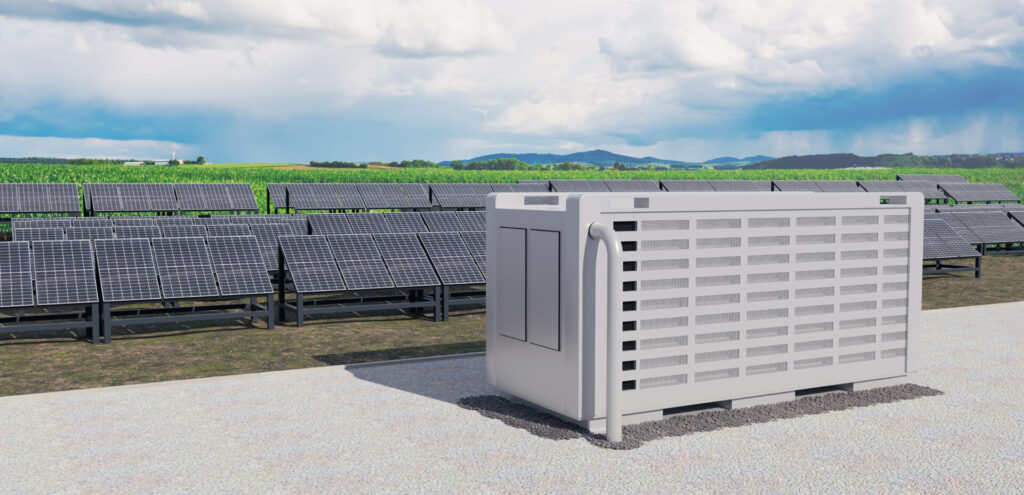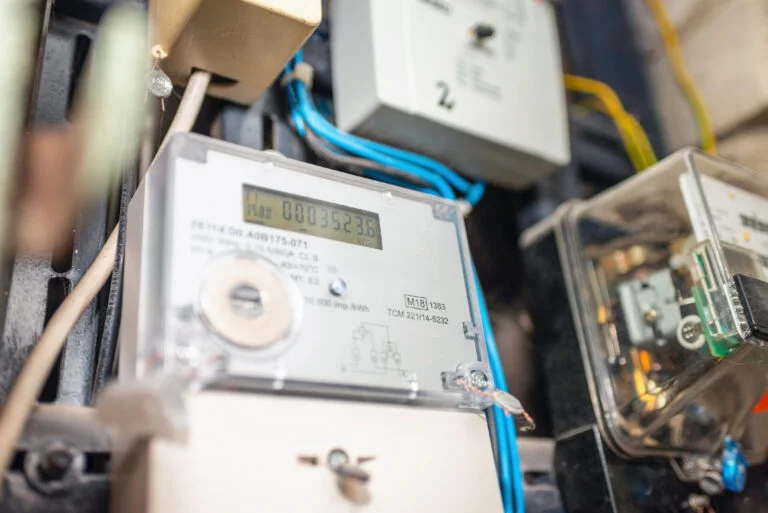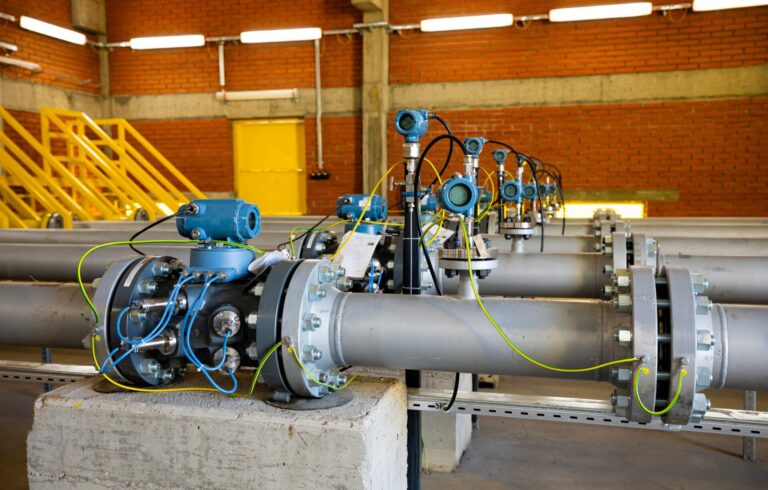The latest report from the International Energy Agency (IEA) reveals that battery costs have dropped by over 90% in the past 15 years, a crucial step towards transitioning from fossil fuels to renewable energy sources as well as accelerating the adoption of electric vehicles.
Projections indicate a significant increase in global capacity by 2030, driven by the combined utilisation of Solar PV and battery storage technologies, paving the way for a more sustainable future.
It has become apparent in a report by Energy Live News that lithium-ion batteries are on the rise. In this blog, we discuss the value of equipping battery storage for organisations and how we can take part in this transition.

COP28: Battery Storage and Secure Energy Transitions
The UN Climate Change conferences (COPs) have made significant strides in advancing climate action and sustainability efforts. During COP28 in Dubai, discussions underscored the urgent need to address the critical intersection of climate change and energy sustainability. It was made clear at the conference that battery storage was to become a priority, marking it as a key initiative in the efforts towards net-zero. The IEA’s Special Report on Batteries and Secure Energy Transitions emphasises the critical role of batteries in complementing renewable energy sources. Furthermore, it provides a competitive, secure, and environmentally sustainable alternative to fossil fuel-based electricity generation. These initiatives aim to achieve ambitious 2030 targets through the widespread adoption of clean technology resources.
Battery storage is advantageous in creating a sustainable future for organisations. These advanced technologies are capable of being charged using electricity generated from renewable sources like wind and solar power, forming a seamless loop of sustainability.
Battery Storage and Energy Management Systems (EMS)
Organisations can take full advantage of battery storage solutions by pairing them with renewable energy solutions, such as Solar PV. This provides an efficient means to reduce reliance on the traditional grid for electricity supply. Our expertise enables us to deliver tailored battery storage options which can be paired with Energy Management Systems (EMS) for precise control over stored energy. This approach not only optimises energy utilisation but also enhances operational efficiency, empowering organisations to transition towards a more sustainable and resilient energy future.
Batteries can be made intelligent via the utilisation of Energy Management Systems (EMS). Which cleverly monitors the onsite usage, trends and patterns of consumption and the Battery Energy Storage Systems (BESS) can be programmed to store, distribute, or send back to the grid the kWh generated from Solar.
The battery operates by storing energy and when reaching full capacity, returning excess energy to the grid. If surplus power isn’t stored but instead sent to the national grid, you can benefit by securing an Export Tariff. Without securing this tariff, the excess energy is automatically sent back to the grid anyway. However, with an export tariff secured, you can reduce your energy expenditure by receiving a competitive rate for this excess energy. We streamline this process through our framework, directly negotiating export tariffs with suppliers to ensure you receive a competitive rate.
Why Choose Lithium-Ion Batteries?
The use of Lithium-ion batteries compared to other batteries, such as traditional types (lead-acid etc), help optimise the portable power of energy in battery storage. They offer a longer cycle life compared to many other types of batteries, having an energy density of approximately 150-200 watt-hours per kilogram. Lithium-Ion Batteries also require less maintenance and are much safer, without the heavy toxic metals found in other batteries and are encased in aluminium making them easier to recycle.
In moments of peak power usage, when electricity consumption reaches its highest points, battery storage systems are activated, releasing stored energy to maintain a seamless flow of power. Not only does this stabilise the grid, but it also ensures uninterrupted operations.

What Role Does the UK Government Play in Implementing Battery Storage?
The UK government plays a crucial role in estimating the potential of technologies such as battery storage, supporting their integration into legislation aimed at reducing carbon emissions across power, heating, and transportation sectors.
Applying more lithium-ion batteries to achieve net zero carbon production and could save the UK energy system up to £40 million by 2050 , ultimately reducing people’s energy bills. As for organisation’s battery storage holds a pivotal position in optimising on-site energy management, fostering both economic efficiency and sustainability. By balancing demand, it contributes to a secure and stable power supply, benefiting both organisation and the grid.
The significant drop of 40% in battery storage costs, as highlight in the latest report from the International Energy Agency (IEA), marks a major milestone in the global transition from fossil fuels to renewable energy sources. At BP Consulting, we’re dedicated to advancing sustainability through battery storage and Solar PV solutions. As we move towards a low-carbon future, the importance of renewable energy technologies like Solar PV and battery storage cannot be emphasised enough. Our end-to-end solution ensures seamless implementation, supporting global transitions towards sustainable energy generation and storage.
How Can Pairing Battery Storage and Solar PV Benefit Organisations?
Solar PV is popular method organisations use to reduce grid usage, lower expenditure and help the environment. Organisations stand to reap a multitude of benefits from pairing Solar PV with battery energy storage systems, some of these benefits include:
-
Cost Savings
By self-generating electricity and storing excess, organisations reduce reliance on traditional energy sources and can reduce energy expenditure.
-
Energy Independence
Using renewable energy sources increases self-sufficiency, reducing vulnerability to energy price fluctuations. Battery storage ensures uninterrupted operations during outages, supporting grid stability and resilience.
-
Environmental Impact
Implementing Solar PV reduces greenhouse gas emissions, enhancing sustainability and attracting eco-conscious customers.
-
Regulatory Compliance and Incentives
The government offers incentives for adopting renewable energy technologies, helping offset installation costs and comply with environmental regulations.
In essence, integrating Solar PV and battery storage offers organisations cost savings, energy independence, environmental benefits, grid stability and regulatory compliance.
BP Consulting Are Here To Help
At BP Consulting, we’re dedicated to assisting organisations in becoming more efficient and environmentally responsible. Our approach focuses on utilising Solar PV technology to reduce grid dependency, lower costs, and minimise environmental impact.
From initial design to ongoing maintenance, our services are tailored to meet your specific needs, ensuring optimal performance and return on investment. Join us in embracing renewable energy and making a positive impact on the environment. Contact us today to explore and set targets to support your needs in this journey towards sustainability.






